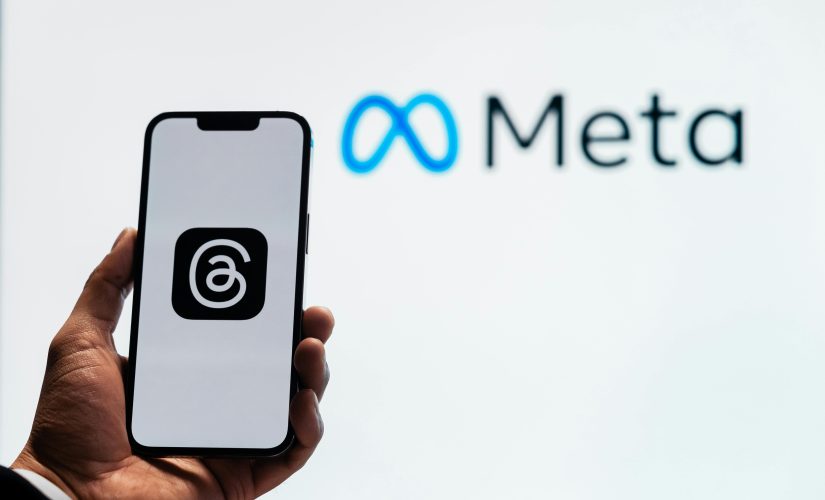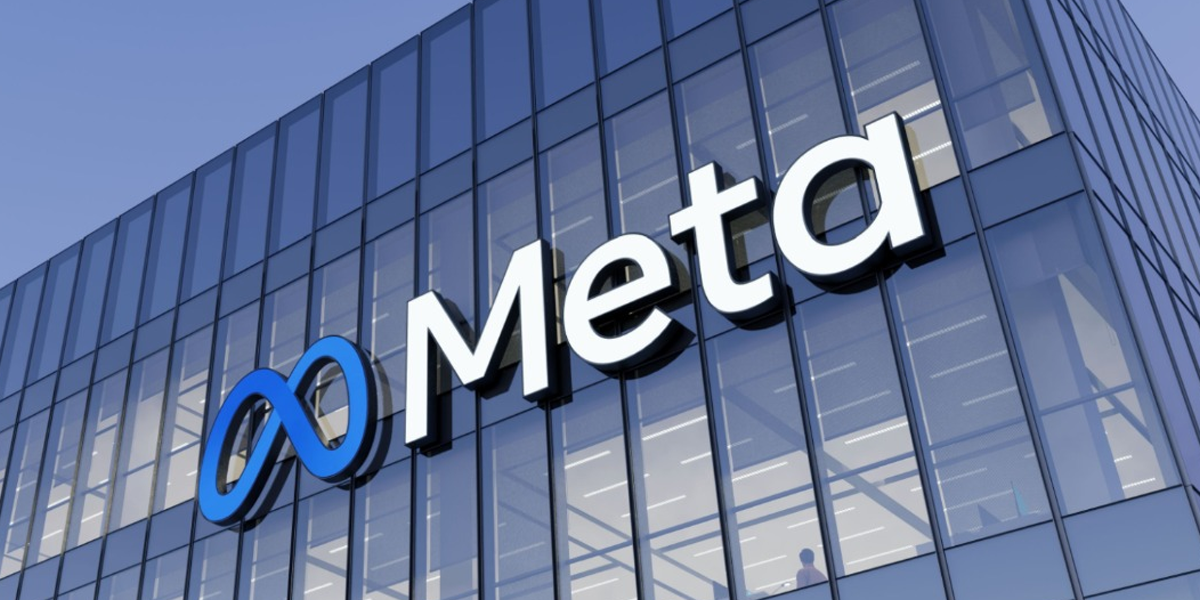Highlights
- EU users can now unlink Facebook, Instagram, and WhatsApp accounts.
- Changes in line with the upcoming Digital Markets Act (DMA).
- Enhanced user privacy with independent use of Meta services.
- Notifications about these changes to be rolled out soon.
In a move that aligns with the upcoming Digital Markets Act (DMA) in the European Union, Meta has announced a significant policy change allowing EU users to unlink their Facebook, Instagram, and WhatsApp accounts.
This update, which is set to take effect ahead of the DMA’s March implementation, represents a substantial shift in how Meta handles user data and account interconnectivity and was posted on the company’s blog.
“They can also manage their Instagram and Facebook accounts separately so that their information is no longer used across accounts,” said Tim Lamb, Director, Competition and Regulatory, Meta.
“For people who choose to use their Facebook information for their Marketplace experience, the current Marketplace experience will remain. People who choose not to use their Facebook information for their Marketplace experience will still be able to browse listings and to buy and sell items,” the company informed.
“People in the EU, EEA and Switzerland also have the ability to use Instagram and Facebook for free with ads, or subscribe to stop seeing ads,” said the company.
“We are committed to continue working hard to ensure that Meta’s products in the EU comply with the DMA and deliver value to people,” said the company.
“The Digital Markets Act will help creating a level playing field for all companies competing in the European digital market, as it will bring about more contestability and openness in markets,” said commissioner Didier Reynders.
Understanding the Policy Change

The new policy enables users in the European Union, as well as those in the European Economic Area and Switzerland, to use Meta’s services independently.
Users will soon receive notifications about these changes, which are expected to roll out in the coming weeks.
For instance, Facebook Messenger can be used as a standalone service, separate from a Facebook account.
Similarly, those who have previously linked their Facebook and Instagram accounts will have the option to sever this connection.
This unlinking means that information will no longer be shared between these services for features like ad targeting, content recommendations, and post sharing.
Impact on Service Functionality

While this move enhances user privacy and control, it does come with certain trade-offs in functionality.
For instance, using Facebook Marketplace without linking to a Facebook account will necessitate communication with buyers and sellers via email rather than the more integrated Facebook Messenger.
Similarly, unlinking Facebook from Facebook Gaming could limit users to single-player games.
The Broader Context

These changes by Meta are a direct response to the DMA, which officially comes into effect on March 6th.
The DMA aims to foster a more competitive digital market and ensure fairer conditions for businesses and users.
Meta, along with other tech giants like Google’s parent company Alphabet, has been identified as a “gatekeeper” under this act, requiring them to adhere to stricter regulations on data sharing and service interoperability.
In December, Meta also made a move to discontinue cross-messaging between Instagram and Facebook globally, although this was not directly attributed to the DMA.
Moreover, Meta introduced an ad-free paid subscription option for Facebook and Instagram in the EU, indicating a shift in its approach to comply with regulatory changes.
What’s Next for Users and Meta?

These upcoming changes signify a new era of digital autonomy for users, giving them greater control over their data and how they engage with Meta’s suite of services.
It also reflects the growing regulatory momentum in the EU to safeguard user data and promote fair competition among digital service providers.
FAQs
What is Meta’s new policy for EU users?
Meta’s latest update allows EU users to unlink their Facebook, Instagram, and WhatsApp accounts, offering greater control over personal data and account connectivity.
Why is Meta implementing these changes?
These changes are being implemented in response to the Digital Markets Act (DMA) in the EU, aimed at enhancing competition and user privacy in the digital market.
How will this update affect the functionality of Meta’s services?
While unlinking accounts enhances privacy, it may result in reduced functionality for services like Facebook Marketplace and Facebook Gaming, impacting integrated features like messaging.
When will EU users start seeing these changes?
Meta is expected to roll out notifications informing EU users of these changes in the coming weeks, ahead of the DMA’s implementation in March.
Does this update affect users outside the EU?
Currently, the policy change is specific to users in the European Union, the European Economic Area, and Switzerland, in compliance with the region’s upcoming DMA.
What is Meta’s new paid subscription service in the EU?
Meta has launched a paid subscription service in the EU, allowing users to browse ad-free for €9.99/month on web and €12.99/month on iOS and Android.
This service is positioned as a compliance measure with EU data protection regulations, offering an alternative to ad-supported browsing.
Why is NOYB challenging Meta’s subscription model?
NOYB, a digital rights group, has filed a complaint with the Austrian regulator, arguing that Meta’s subscription fee essentially charges users for privacy.
They claim this contradicts EU law, which requires genuine free user consent, and could set a concerning industry precedent.
How has Meta responded to the criticism of its subscription model?
Meta defends its subscription model by stating it aligns with European regulations and provides users with a choice between ad-supported and ad-free experiences.
The company emphasizes that their pricing structure is consistent with similar services in Europe.
Also Read: Sheryl Sandberg Announces Exit from Meta Board, Ending a Defining Era
Also Read: Meta Concerned About Telecommunications Bill 2023 Impact on India’s OTT Landscape
Also Read: Meta Ending Cross-App Messaging Between Instagram and Facebook Messenger This Month
